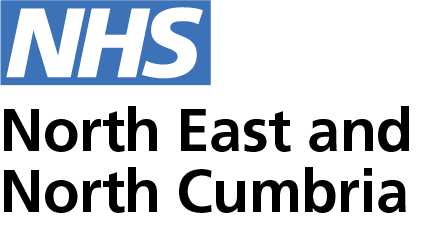Healthier Together
The Healthier Together app and website provides pregnant women, babies, children and young people across North East and North Cumbria with consistent and high-quality advice from local health professionals.
You'll find clear information on common childhood illnesses, including advice on what 'red-flag' signs to look out for, where to seek help if required and how long your child's symptoms are likely to last.
The Little Orange Book
Worried about a poorly child? Being a new parent is rarely an easy job but when your child is sick it can be extremely worrying. The Little Orange Book helps parents and carers of children under five years with practical information about common childhood conditions. It’s a great resource and covers everything from common minor ailments like teething, constipation and colds, through to more serious conditions like urinary tract infections, wheezy chests and meningitis. A traffic light system helps parents and carers decide what action to take when their child is sick suggesting appropriate health services if further help or support is needed.
You can also help us by...
Keeping your appointment: If you can’t make it, do let us know so that we can give it to someone else.
Remembering your medicines: If you are coming to stay in hospital (for planned or emergency care) you can do your bit by bringing your medicines with you. This helps our clinical teams know immediately what medication you are taking, which is safer. It means you can continue to take the same medication while you are in hospital and we don’t need to be supply them again, which helps to reduce waste and saves time. Medicines are not just tablets or pills – but inhalers, creams, insulin and eye drops too.



